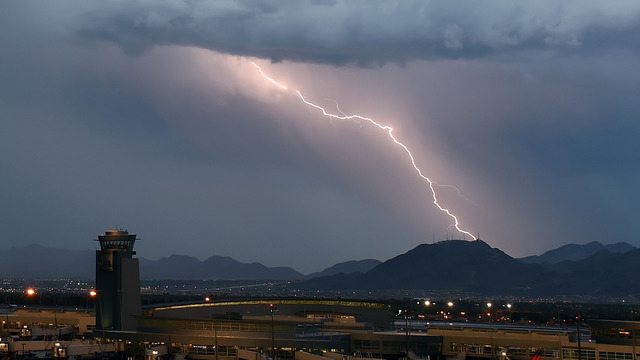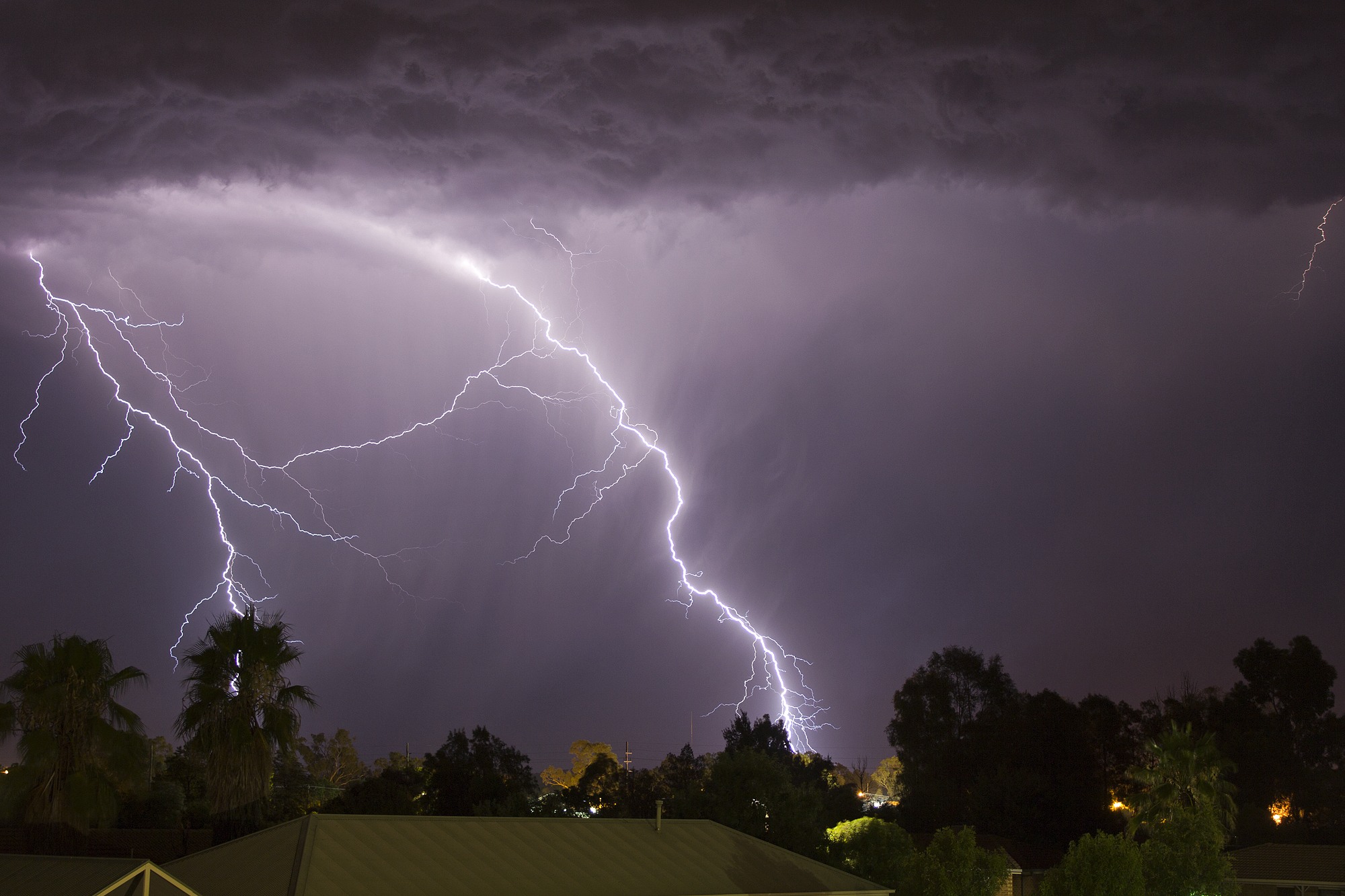How Did A Lightning Storm Kill 323 Reindeer In Norway?
You don't mess with Mother Nature.
Oh deer, what a tragic incident.
A total of 323 reindeer were killed by a fatal lighting strike in Norway last Friday, 26 August.
The incident happened at Hardangervidda, a mountain plateau in southern Norway that is popular among tourists and hikers. As seasons change, herds of reindeer migrate across the plateau, moving between drier lands in search of better pastures.
But a lightning storm transformed the plateau into a grisly scene on Friday, a total of 323 reindeer were killed, including 70 calves and five reindeer that had to be put down because they were too badly injured.
Wild animals are occasionally struck by lightning, but the Norwegian Environment Agency has never seen something of this magnitude
Representatives from the agency discovered the carcasses while conducting inspections at the country's annual wild reindeer hunting season
The agency is now discussing what to do with the dead animals. Normally, they are just left where they fall to let nature take its course, but other options are considered because of the large numbers.
So, what exactly happened? Was this a freak accident? Or something very common?
According to John Jensenius, a lightning safety expert from the National Oceanic and Atmospheric, herds are more vulnerable to lightning strikes because they often stay very close together to survive. But in this case, their survival strategy might have cost them their life. The corpses are all lying in one big group.
The reindeer were likely killed by ground current. When lightning hits an area, current spreads along the ground surface and shocks anyone within range.
"When animals are in groups, most are being killed by ground current. First, the direct strike will either hit a tree or a ground nearby. The energy then spreads along the ground surface, and if you’re anywhere near that lightning strike, you absorb it and get shocked," Jensenius said in an interview with The Verge.
Unfortunately, animals like reindeer are more susceptible to electrocution because their front and rear legs are very far apart
The distance allows a greater potential difference to develop as the current travels from front to back. As current hits the front legs of the reindeer, the potential difference developed between the animals’ front and back hooves causes a jolt, which stopped their hearts.
Also, the mountain plateau was probably soaked from the storms and as you may recall, water has VERY good conductivity
When lightning hits, it could travel rapidly along the wet soil and the reindeer wouldn't have much hope of survival.
The incident just goes to show how vicious and brutal Mother Nature can be. Rest in peace, reindeer! Santa is going to be really sad. :(







